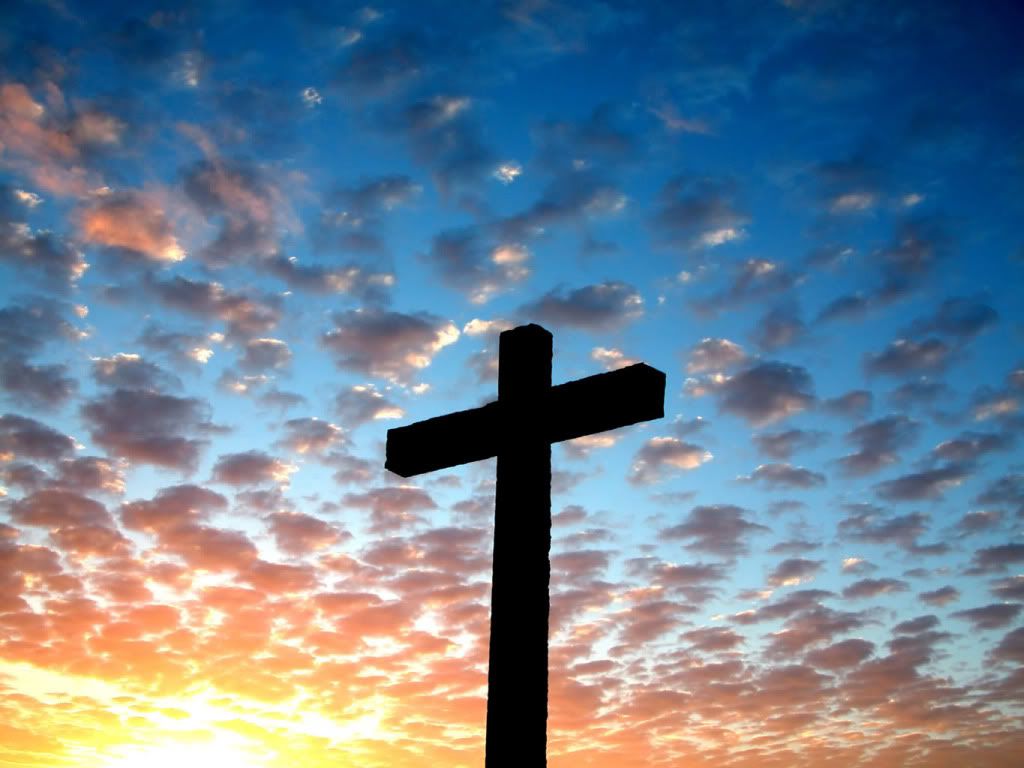Last night I talked with a woman in trouble. Her troubles are complex, but there is one simple thing she could do. She simply doesn’t want to do it.
This morning I flew out of Boston’s Logan International Airport. As often, the airport was shrouded in fog which rolls in from the sea. The plane rose quickly from the dim, wet runway, passed through thick clouds to thin, and suddenly was in sunshine, with brilliant blue sky above, and all the clouds and fog far below. The plane had moved toward the lights.
Christ is the Light of the World. His truth shines like the sun. But we must adore Him. We must learn to move to the direction of the light, no matter how dim and obscure the situation in which we find ourselves. If I adore Him who is all light, in whom “there is no darkness at all” (1 John 1:5), then darkness (even the least shading of the truth) will be intolerable.
Lord, how often I prefer the fog! I am preoccupied with my troubles when I could be occupied with adoration –moving up into His Sunshine.
The Music of His Promises by Elisabeth Elliot






